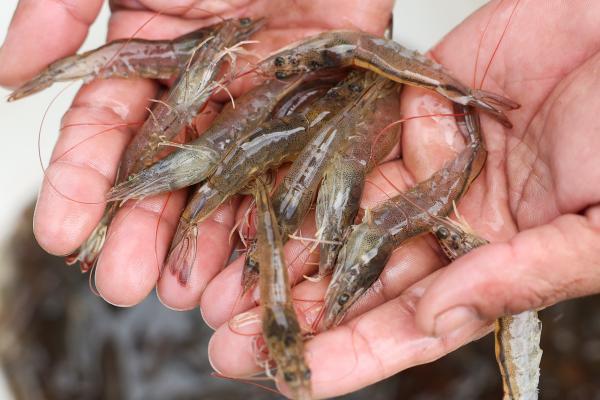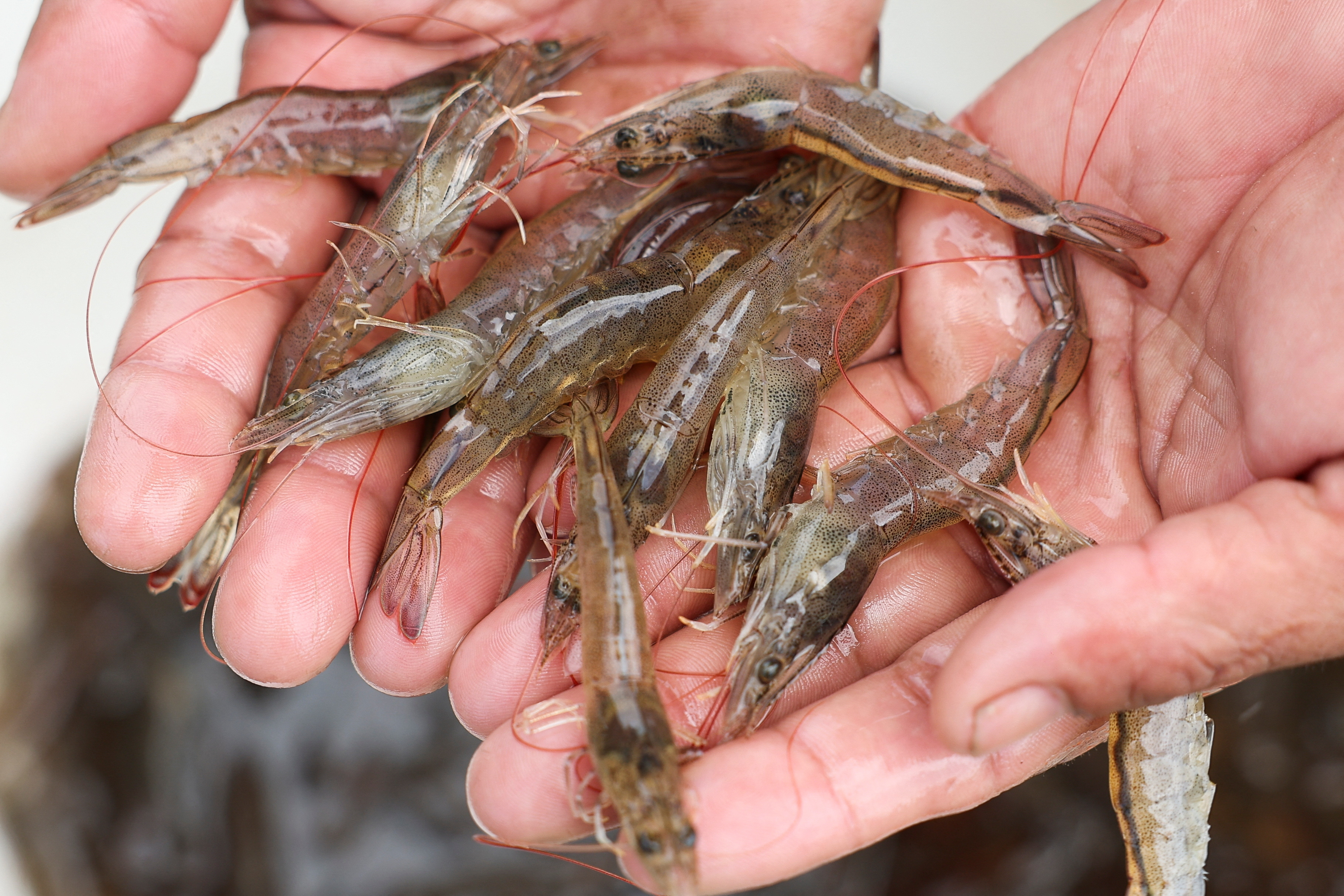JAKARTA, Oct 8 — Indonesia’s special task force on radioactive contamination has found traces of Caesium 137 at 22 production facilities in an industrial zone near Jakarta, officials said today.
The contamination was first detected in a batch of prawns shipped to the United States in August by a local company, PT Bahari Makmur Sejahtera (BMS).
Indonesia then conducted sweeping radiation scans of the Modern Cikande Industrial Estate, where BMS is based.
“The shrimp production facility (BMS) has conducted independent decontamination and has been declared safe by the nuclear agency,” task force spokesperson Bara Hasibuan told journalists.
The task force did not give the names of the 21 other production facilities, but said they will immediately undergo decontamination procedures conducted by Indonesia’s nuclear agency.
The Modern Cikande estate, 68km from Jakarta, covers 3,175ha and contains more than 270 local and foreign companies in sectors ranging from food processing to automotive components, according to its website.
Caesium 137 is a hazardous radioactive isotope that usually enters the environment as a result of nuclear testing or after accidents like Chernobyl and Fukushima, according to the website of the United States’ Food and Drug Administration.
Indonesia has no nuclear weapons or nuclear power plants, suggesting the caesium 137 entered Indonesia from overseas.
“The government has decided to tighten restrictions on scrap metal imports, meaning the Environment Ministry will not issue recommendations for scrap metal imports,” Hasibuan said.
The task force has also designated the site of a scrap metal factory, PT PMT (Peter Metal Technology), as an isolation facility to store goods found to have been contaminated with Caesium 137.


